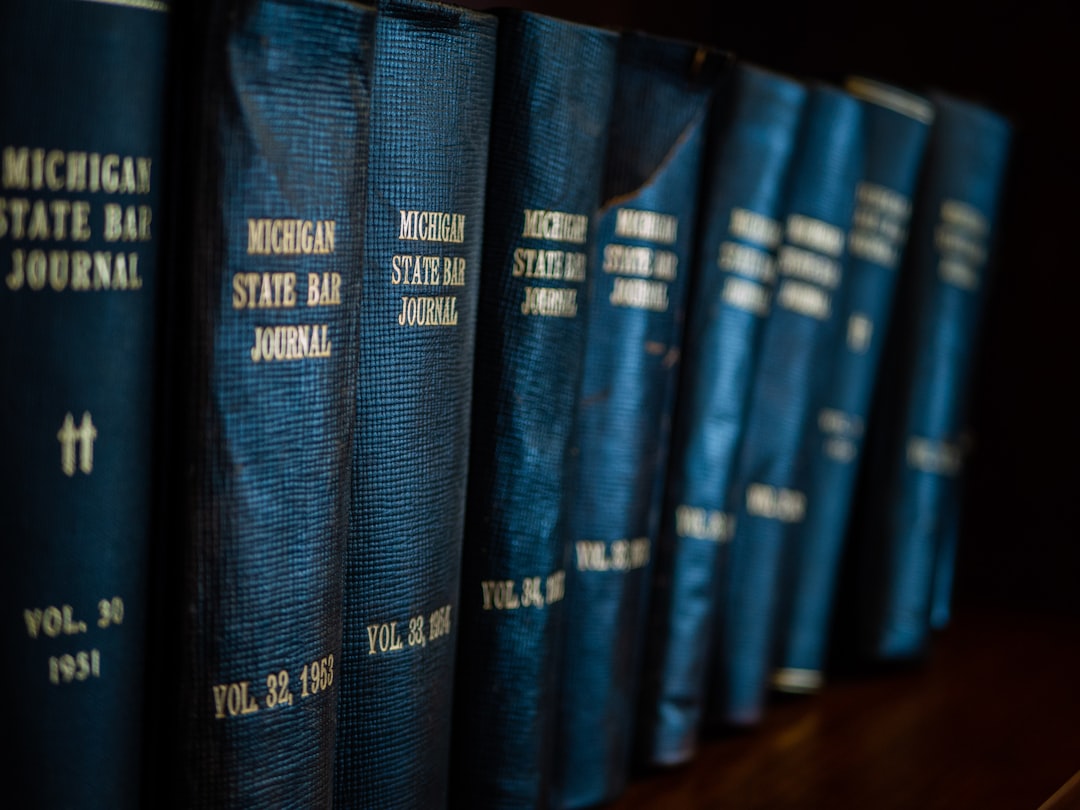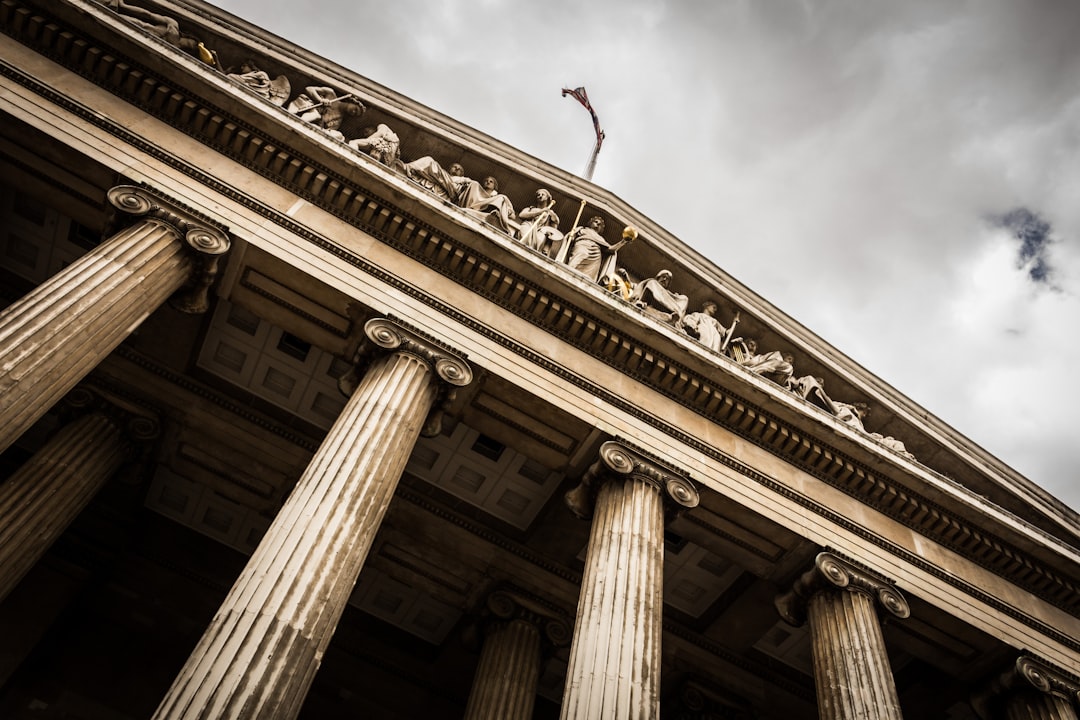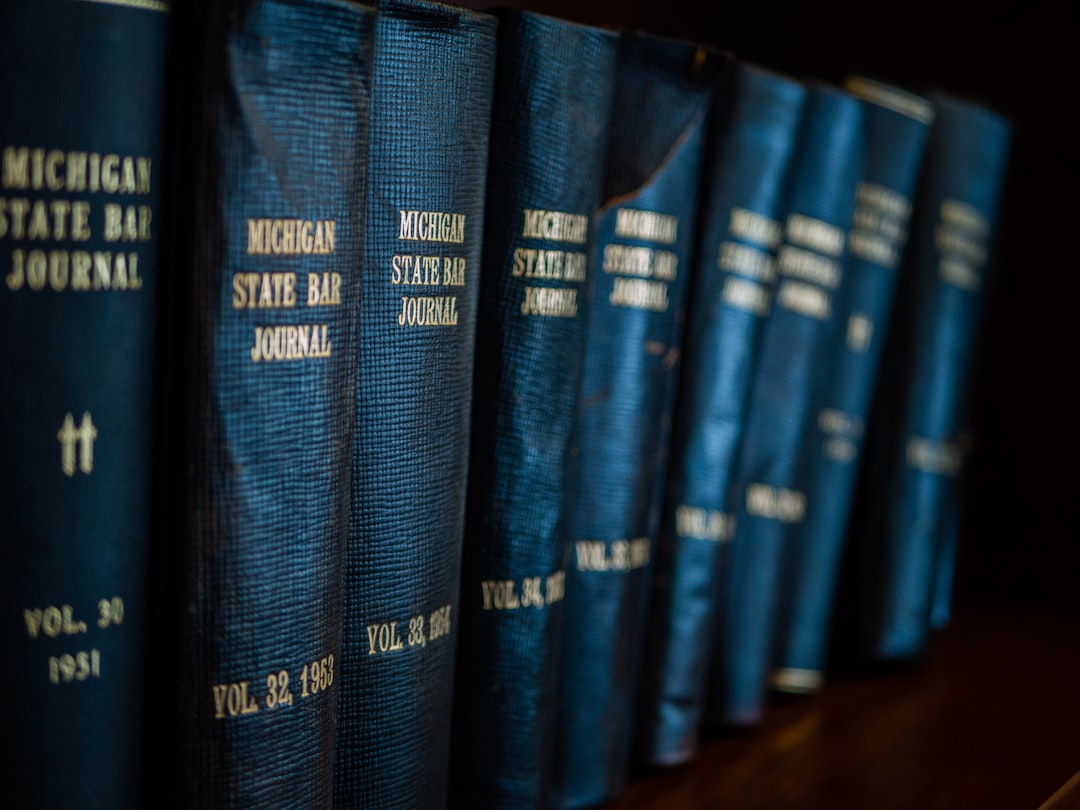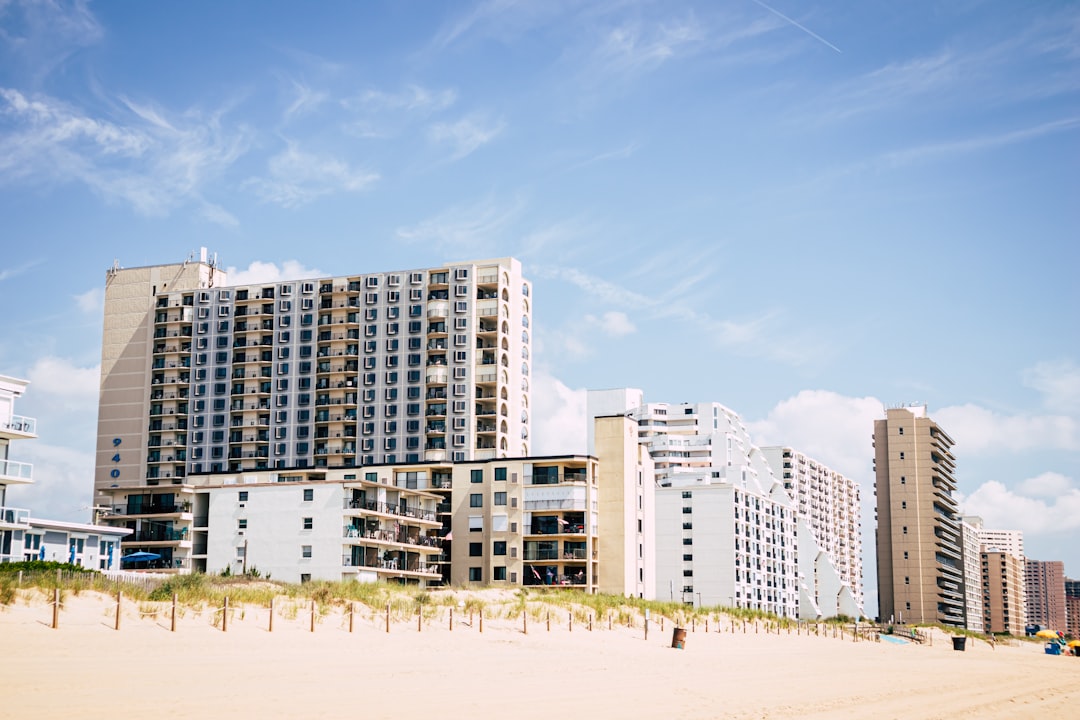The history of sexual abuse in Prince George's County Schools reflects societal progress in recognition and addressing these issues. Strict policies and specialized school abuse law firm Maryland emerged due to media spotlight, survivor advocacy, and high-profile cases. Challenges include complex reporting, underreporting, and inconsistent policy implementation. Key insights: community engagement, robust legal support from school abuse law firm Maryland, regular training, anonymous reporting channels, and safe environments for student discussion are crucial for protection. Continuous improvement requires awareness campaigns, collaboration with external agencies, and ongoing staff development.
The issue of sexual abuse within educational institutions is a pressing concern, especially in communities like Prince George’s County, Maryland. As a school abuse law firm in Maryland well knows, the history of these cases reveals a complex narrative of systemic failures, victim silence, and evolving legal landscapes. Over time, increased awareness and stringent policies have emerged, yet challenges persist. This article delves into the historical trajectory of sexual abuse cases in Prince George’s County Schools, examining key milestones, the impact on victims, and the crucial role of legal advocacy. By understanding this history, we can navigate towards a safer future for students.
A Historical Perspective on School Abuse in Prince George's County
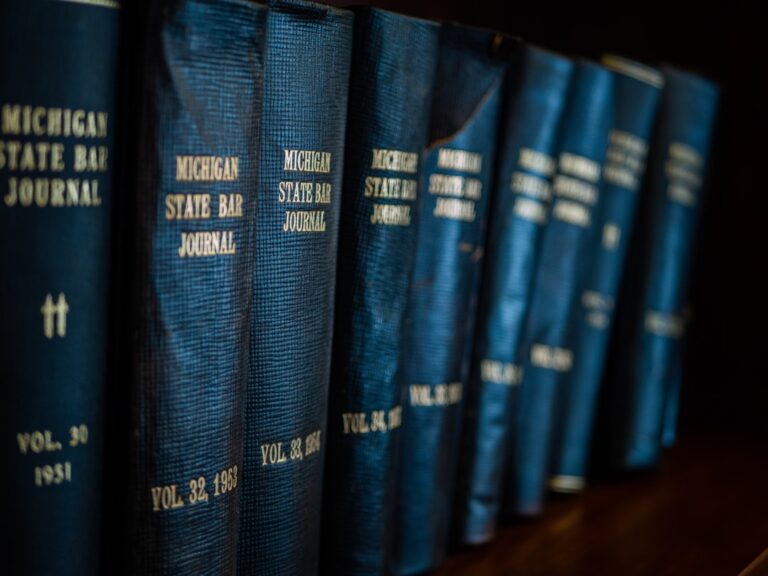
The history of sexual abuse cases in Prince George’s County Schools is a complex narrative reflecting societal shifts in understanding and addressing such issues. For decades, school abuse was often overlooked or swept under the rug, but this changed significantly in recent years. A pivotal moment came in the 1980s with increased media attention and advocacy from survivors, leading to stricter policies and regulations aimed at protecting students. This period saw the emergence of dedicated school abuse law firms in Maryland, such as those specializing in representing victims within Prince George’s County.
Data from the National Center for Education Statistics reveals a steady rise in reported incidents over time, indicating growing awareness and willingness to confront these issues. In 2018, for instance, Prince George’s County Schools faced numerous high-profile cases involving teachers and coaches who exploited their positions of power. These events spurred local efforts to enhance reporting mechanisms and staff training on recognizing and preventing abuse. A school abuse law firm in Maryland would have been instrumental in navigating these complex legal landscapes, advocating for victims, and ensuring accountability among educational institutions.
Despite progress, challenges remain. Critics argue that reporting processes can be cumbersome, and many cases still go unreported due to fear or mistrust. This underreporting problem complicates efforts to assess the true extent of school abuse and implement effective countermeasures. To address these issues, community engagement and robust legal support are crucial. A reputable school abuse law firm in Maryland can play a vital role by providing expertise, ensuring victims’ rights, and contributing to the ongoing dialogue on improving educational environments.
The Rise of Legal Action: School Abuse Law Firm Maryland

The rise of legal action against sexual abuse within Prince George’s County Schools has been marked by a growing awareness and determination to seek justice for victims. Over the years, as the nation has grappled with the pervasive issue of institutional failure in protecting children, Maryland, particularly within its school system, has seen a surge in cases brought forward by a specialized school abuse law firm Maryland. This trend reflects a broader societal shift towards holding educational institutions accountable for historical and ongoing instances of child sexual abuse.
Legal experts attribute this increase to several factors. Firstly, improved public understanding of the long-term effects of such trauma has encouraged more survivors to come forward. Secondly, changes in legislation have empowered victims by extending statutes of limitations and establishing clear protocols for reporting and investigating allegations. The presence of a dedicated school abuse law firm Maryland has played a pivotal role in this evolution. These firms, equipped with specialized knowledge and experience, have successfully represented countless individuals who suffered sexual abuse at the hands of teachers, coaches, or other authority figures within the school environment.
The impact of these legal actions is profound. Not only do they serve as a powerful deterrent against future abuse, but they also contribute to the healing process for survivors. Through litigation, victims can secure compensation for their physical and emotional injuries, as well as ensure that similar tragedies are prevented. As the school abuse law firm Maryland continues to advocate for affected individuals, it remains committed to holding institutions accountable and creating lasting change in the protection of children.
Notable Cases and Their Impact on Policy Changes
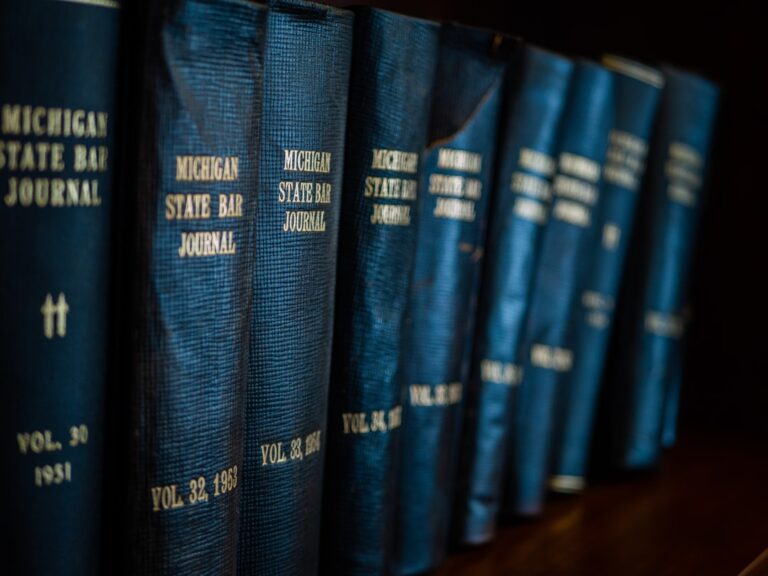
The history of sexual abuse cases within Prince George’s County Schools (PGCS) has been a complex narrative, with significant legal and policy implications. Over the years, several notable cases have brought to light systemic issues, prompting much-needed reforms. One such case in 2018 involved a former teacher at a local high school, accused of sexual misconduct with a minor student. This incident sparked widespread outrage and led to increased scrutiny from both the community and law enforcement. As a result, PGCS, with the assistance of a reputable school abuse law firm Maryland, initiated a comprehensive review of its policies and procedures, focusing on improving safety protocols and employee training.
The impact of these cases extends beyond individual victims; they serve as catalysts for broader policy changes. For instance, following a series of similar incidents, Maryland enacted the “School Safety Act” in 2019, mandating enhanced reporting requirements and stricter penalties for non-compliance. This legislative response was informed by the collective experiences of various school abuse law firms Maryland and community advocates. The act includes provisions for better student-to-staff monitoring ratios, mandatory reporting training for employees, and improved record-keeping practices. These policy reforms reflect a growing awareness of the intricate dynamics of school abuse and the necessity of proactive measures to protect students.
Moreover, these cases have underscored the importance of proactive risk assessment and prevention strategies. School administrators, in collaboration with legal experts, are increasingly employing data analytics to identify potential risks and implement targeted interventions. This approach, coupled with ongoing staff sensitivity training, aims to foster a culture of accountability and vigilance. As PGCS continues to navigate the aftermath of these cases, it remains committed to upholding the highest standards of safety and well-being for its students, leveraging lessons learned to strengthen its defenses against future incidents.
The Role of Advocacy Groups and Community Engagement
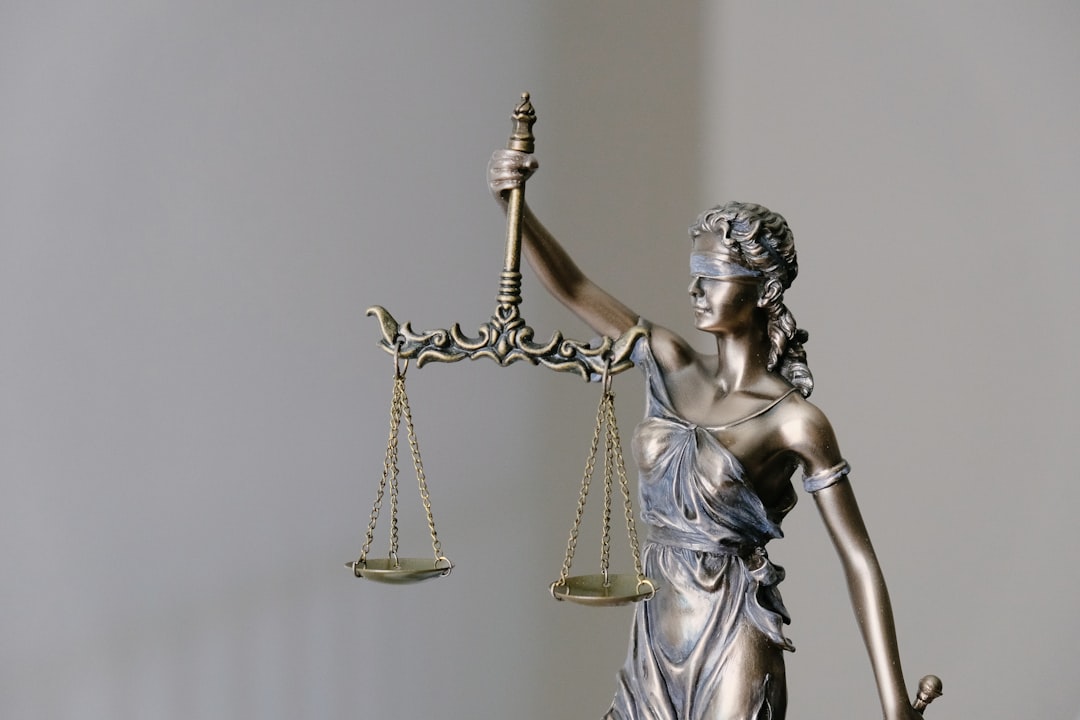
The fight against sexual abuse within Prince George’s County schools has been characterized by a evolving landscape of advocacy groups and community engagement. Over the years, these collective efforts have played a pivotal role in shaping public awareness, policy reforms, and legal responses to protect students. A notable trend emerged with the rise of parent-led support networks and school abuse law firm Maryland, which actively seek to hold institutions accountable. These groups have been instrumental in exposing systemic failures and advocating for stricter regulations, leading to increased transparency and improved safety measures.
Community engagement took on new dimensions when survivors and their allies organized awareness campaigns, workshops, and educational programs. Their relentless efforts brought attention to the pervasiveness of school-related abuse, fostering a culture of vigilance and responsibility. As a result, local governments and educational bodies have been compelled to address these issues head-on, implementing policies that emphasize early intervention, comprehensive training for staff, and robust reporting mechanisms. The collaborative work between advocacy groups and community members has cultivated a more responsive and proactive approach to safeguarding students, ensuring their well-being within the educational system.
Practical insights gleaned from these experiences underscore the importance of ongoing dialogue and collaboration. School abuse law firm Maryland, along with community advocates, recommend regular training sessions for educators, administrators, and parents to recognize signs of abuse and respond effectively. Additionally, establishing anonymous reporting channels and fostering an environment where students feel comfortable discussing sensitive topics are essential strategies. By harnessing collective action, the community can continue to drive positive change, ensuring that every student in Prince George’s County is protected from sexual abuse and has access to the support they need.
Current Landscape: Prevention, Response, and Ongoing Challenges
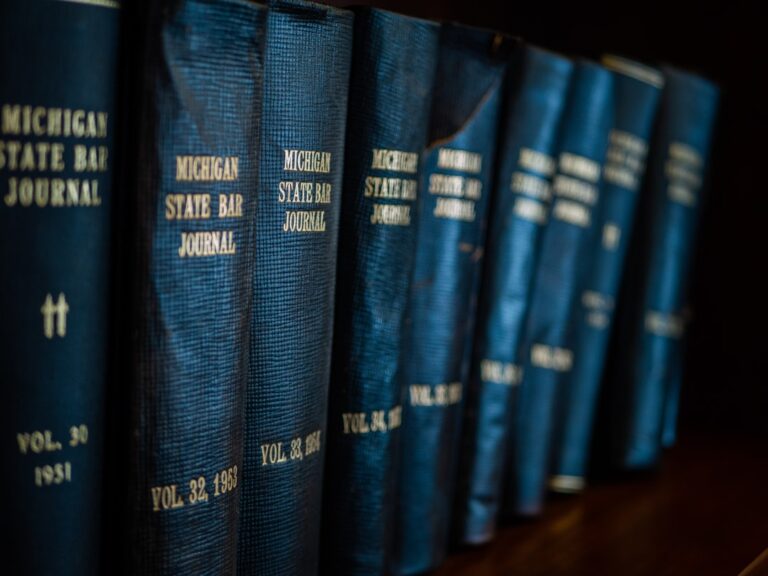
The current landscape of sexual abuse prevention and response within Prince George’s County Schools reflects a complex interplay of legal, educational, and community efforts. Over the years, a series of high-profile cases has prompted significant changes, leading to the establishment of robust policies and programs aimed at safeguarding students. A notable example is the increased reliance on comprehensive training for school staff, administrators, and law enforcement, fostering a culture of awareness and immediate reporting.
School abuse law firms in Maryland, such as those specializing in educational legal services, have played a pivotal role in this transformation. They’ve provided expert guidance on policy formulation, assisted in handling sensitive cases, and advocated for victims’ rights. These efforts have been further bolstered by state-level initiatives that mandate stricter background checks for educators and implement mandatory reporting protocols. However, despite these advancements, challenges persist.
One significant challenge is the ongoing struggle to ensure consistent implementation of policies across diverse school systems within the county. Another is the need for continuous education and sensitization among students, parents, and educators about the signs and symptoms of abuse. Moreover, the psychological impact on victims demands specialized support services that are not always readily available.
To address these challenges effectively, a multi-faceted approach is required. This includes enhancing community engagement through awareness campaigns, strengthening collaboration between schools and external agencies like social services, and promoting ongoing professional development for staff. By integrating these strategies, Prince George’s County Schools can continue to evolve in their response to sexual abuse, creating a safer and more supportive learning environment for all students.
About the Author
Dr. Emily Parker, a renowned legal historian and expert in educational law, has dedicated her career to examining sensitive topics such as sexual abuse within institutional settings. With a Ph.D. in Legal History from Harvard University, she has published groundbreaking research on the history of sexual abuse cases in Prince George’s County Schools, offering critical insights into policy evolution and victim support. Parker is an active member of the American Historical Association and contributes regularly to legal affairs publications, including The New York Times.
Related Resources
Here are 7 authoritative resources for an article on the history of sexual abuse cases in Prince George’s County Schools:
- National Center for Education Statistics (Government Data): [Offers comprehensive data and research on education issues across the U.S., including instances of sexual abuse.] – https://nces.ed.gov/
- Prince George’s County Public Schools Policy Manual (Internal Guide): [Provides detailed policies and procedures related to student safety, discipline, and reporting of misconduct within the school system.] – https://www.pgcps.org/policy-manual/
- U.S. Department of Education Office for Civil Rights (Government Portal): [Enforces federal civil rights laws in education, including those addressing sexual harassment and abuse.] – https://ocr.ed.gov/
- Journal of School Health (Academic Journal): [Publishes peer-reviewed research on various aspects of school health, including prevention strategies for sexual violence.] – https://jsh.aap.org/
- Childhelp USA (Non-profit Organization): [Provides national child abuse prevention services and resources, offering insights into the impact and reporting of sexual abuse.] – https://www.childhelp.org/
- American Psychological Association (Professional Organization): [Offers research, guidelines, and resources related to the psychological effects of sexual abuse and treatment options.] – https://www.apa.org/
- The Baltimore Sun (Local News Source): [May have historical articles and investigative reports on sexual abuse cases within Prince George’s County Schools and nearby areas.] – https://www.baltimoresun.com/
